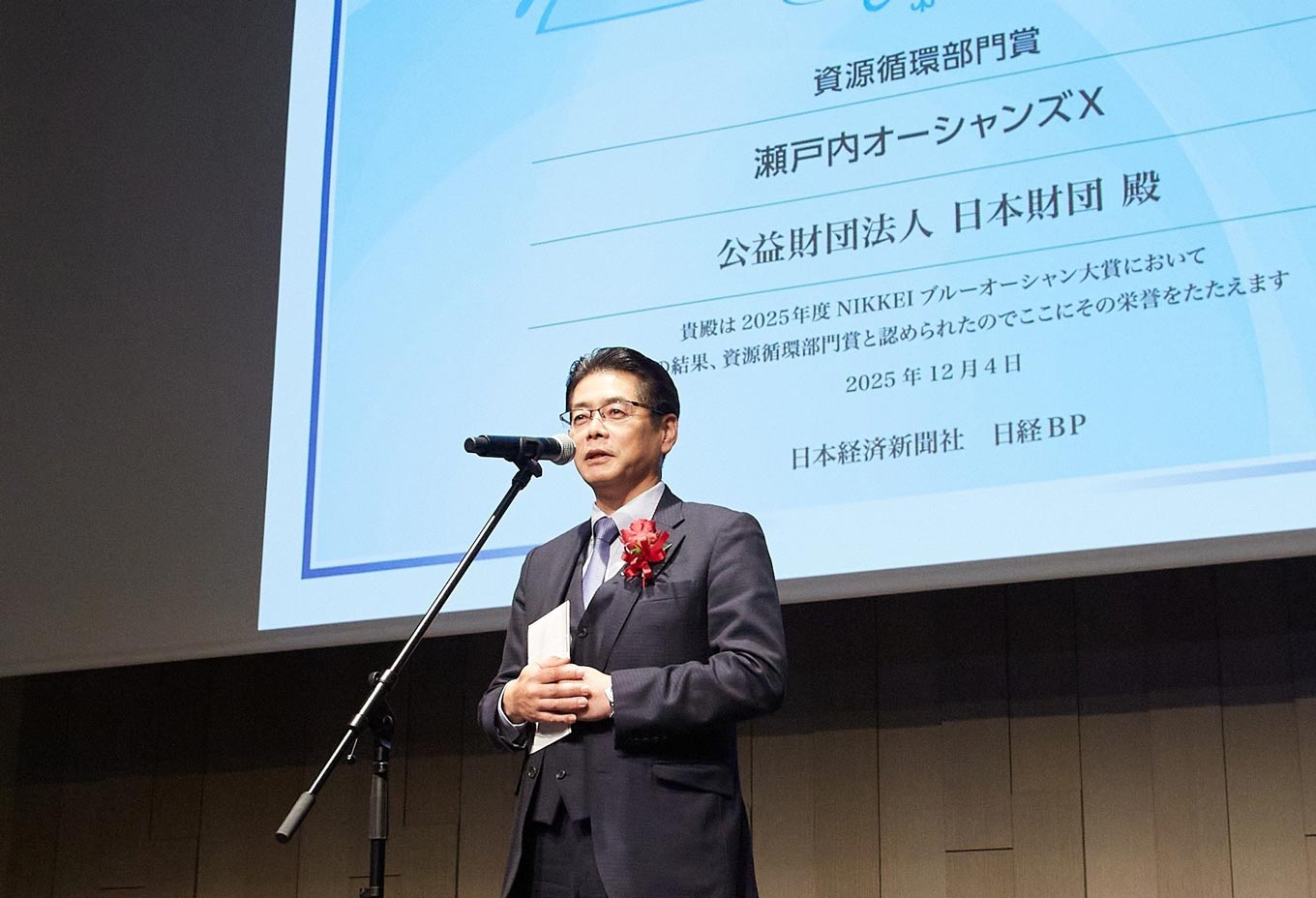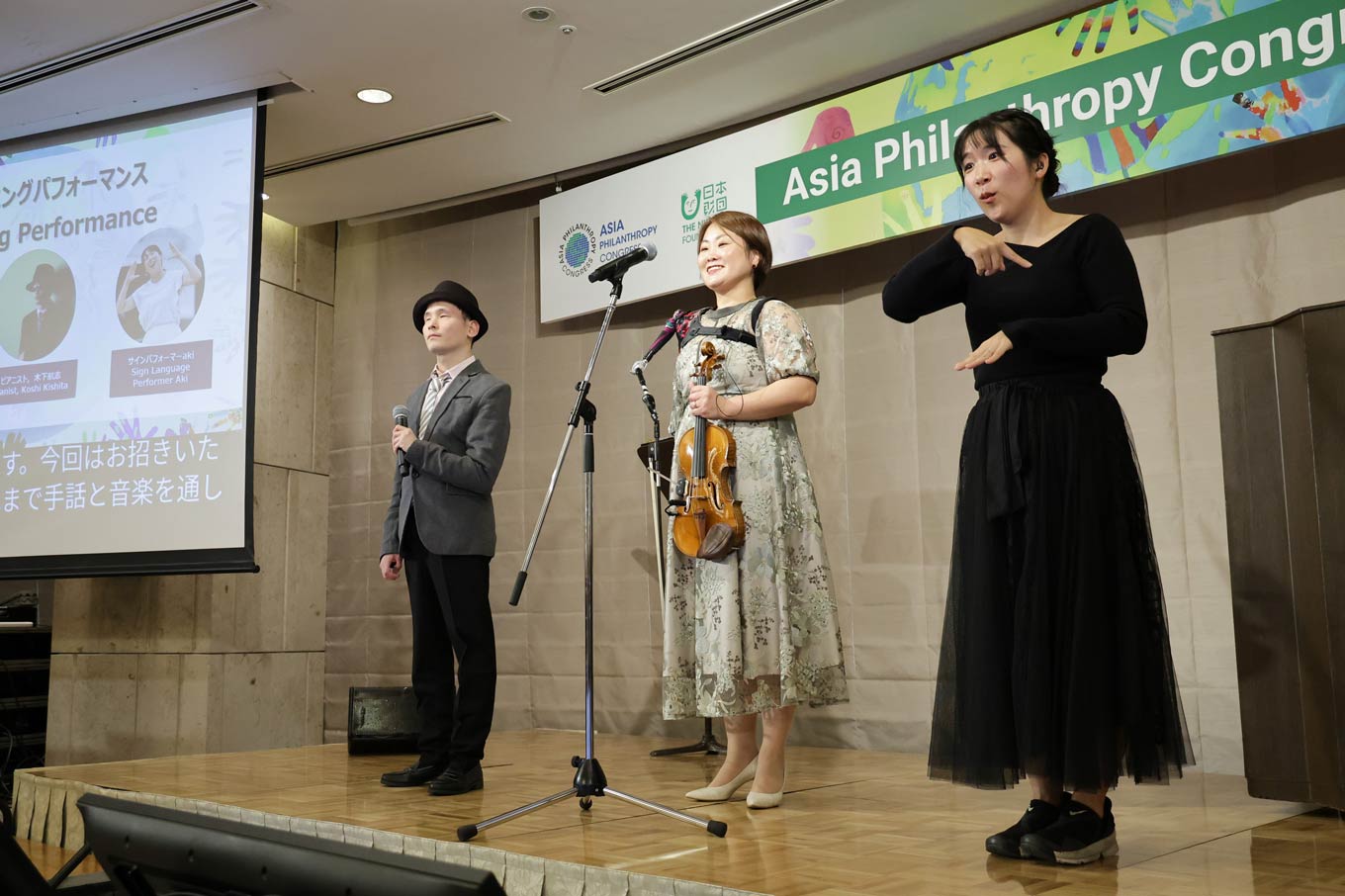Survey on Higher Education and Formal Employment for Persons with Disabilities in IndonesiaRecommendations for practical policies and social mindset reform
The Nippon Foundation commissioned PT Trisaka Wahana Tenggara to conduct a survey on the current situation of higher education and formal employment for persons with disabilities in Indonesia.
The survey aimed to examine how access to university education and formal employment opportunities is guaranteed, and to provide recommendations for future improvements in policies, systems, and support.
Survey Overview
From September 2024 to January 2025, the survey combined desk research and in-depth interviews. Participants included university representatives, corporate human resource officers, disability organizations, and policy experts. By gathering diverse perspectives, the survey analyzed both the institutional frameworks and the realities faced on the ground.
Key Findings
The survey revealed the following challenges:
- As of 2022, only 2.8% of persons with disabilities had entered higher education, and by 2023, only about 1% were employed in the formal sector.
- Indonesia has established several key regulations, including Law No. 8 of 2016 on Persons with Disabilities, Government Regulation No. 13 of 2020 on Reasonable Accommodation, Government Regulation No. 60 of 2020 on Disability Service Units for Employment, and Ministerial Regulation No. 48 of 2023 on Reasonable Accommodation for Students with Disabilities. These frameworks guarantee the rights of persons with disabilities in education and employment.
- However, these measures have not been fully implemented, and monitoring mechanisms remain weak. As a result, reasonable accommodation and accessibility in universities and workplaces are still limited.
- A charity-based approach continues to prevail in society, and recognition of disability as a rights-based issue remains insufficient.
- Although more universities and companies are willing to include persons with disabilities, prejudice and discrimination often restrict their fields of study or job assignments.
Recommendations
To strengthen the transition from education to formal employment, the report proposes:
- Reinforcing the authority and monitoring role of the National Commission on Disabilities (Komisi Nasional Disabilitas).
- Establishing Disability Service Units (Unit Layanan Disabilitas) in universities and ensuring full implementation of reasonable accommodation.
- Developing incentives and monitoring mechanisms to ensure that employers meet legal obligations on employment and workplace accommodations.
- Expanding awareness-raising and training programs to promote a shift in social attitudes toward disability inclusion.
Dissemination Event
In January 2025, a public dissemination event was held in Jakarta to share the survey findings. A total of 82 participants joined, including representatives from educational institutions, companies, disability organizations, and government bodies. Active discussions took place on the challenges and recommendations.
The event was widely covered by the media, including The Jakarta Post (January 25, 2025, “No one left behind: Embracing disability inclusion in higher education, formal employment”), Radio Republik Indonesia (RRI), and Universitas Nahdlatul Ulama Yogyakarta (UNU Jogja).
Publication
The survey report has been released for public access.
Reports
Contact
Global Issues Department, Social Inclusion Team
The Nippon Foundation
- Makoto Wada, Yoshio Nakagawa
- Email: 100_inclusion_suishin@ps.nippon-foundation.or.jp



